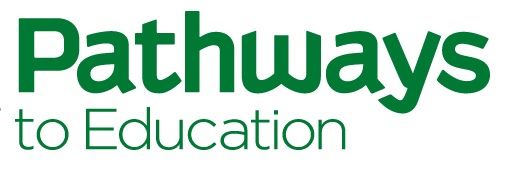Research – Positive Youth Development
The Pathways Program’s holistic combination of academic, financial, social, and one-on-one supports is proven to remove barriers to graduation and promote positive youth development during critical high school years.
Positive Youth Development is defined as “an intentional, prosocial approach that engages youth within their communities, schools, organizations, peer groups, and families in a manner that is productive and constructive; recognizes, utilizes, and enhances young people’s strengths; and promotes positive outcomes for young people by providing opportunities, fostering positive relationships, and furnishing the support needed to build on their leadership strengths” (Youth.Gov, 2017).
Learning from Youth Experts: Using a strengths-based approach
As part of a series highlighting the expertise of Pathways staff, learn about a Pathways student’s journey with their mentor from Grade 9 to 11. Highlighting a popular strengths-based approach used by Pathways staff, this glimpse into a mentor-mentee relationship...
Learning from Youth Experts: Active Listening to Guide Youth Development
In the first of our Learning from Youth Experts series, a Pathways youth worker with multiple years of experience supporting young people living in contexts of disadvantage shares actionable insights that those in the youth work or youth development field can...
Annotated Bibliography: Positive Youth Development
This annotated bibliography presents a plain language overview of evidence-based knowledge in the field of positive youth development. Click on image to open PDF. Pathways to Education Canada. (2018). Positive Youth Development: An Annotated Bibliography. Toronto, ON....
Research Spotlight: Developmental Relationships
This Spotlight focuses on developmental relationships, often defined as relationships where someone actively helps another person to develop (Rock & Garavan, 2006). It is meant to be useful for adults who are interested in building close relationships with youth...
Relationships Matter: Parental Engagement
This report builds on a scan of secondary research on parental engagement and a series of interviews with Pathways to Education staff in four program locations and three provinces. It is designed for practitioners, program managers, researchers, and program...





